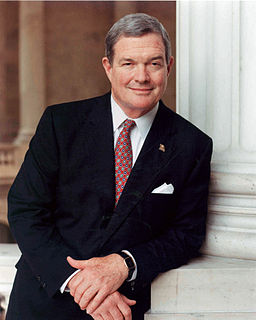A Quote by Mary Pilon
While most American labor unions have struggled for the past several decades, professional baseball players comprise one of the strongest packs of organized workers in the world.
Related Quotes
Labor unions have a long history of benefitting all workers, even those who are not members of unions, because everyone's wages go up. If we don't increase membership - and membership in labor unions is going down because of the attacks against organized labor - it's something every single American, whether they're officially in a union or not, should be concerned about. It's a spiral. It's a weakening of the middle class and our economy can't sustain that.
A basic assumption shapes most Americans’ mindset about labor: the belief that the death of unions isn’t my problem because I’m not in a union. That assumption is wrong. Even if you aren’t a member, your pay is influenced by the strength or weakness of organized labor. The presence of unions sets off a wage race to the top. Their absence sets off a race to the bottom.
Strong, responsible unions are essential to industrial fair play. Without them the labor bargain is wholly one-sided. The parties to the labor contract must be nearly equal in strength if justice is to be worked out, and this means that the workers must be organized and that their organizations must be recognized by employers as a condition precedent to industrial peace.
The term "globalization," like most terms of public discourse, has two meanings: its literal meaning, and a technical sense used for doctrinal purposes. In its literal sense, "globalization" means international integration. Its strongest proponents since its origins have been the workers movements and the left , which is why unions are called "internationals", and the strongest proponents today are those who meet annually in the World Social Forum and its many regional offshoots.
Motorcycle manufacturer Harley-Davidson is a prime example of an American company that uses employment conditions to boost productivity. Current CEO James Ziemer - who started with the company while in high school has negotiated imaginative contracts with the unions representing Harley's workers, agreeing to keep production in the U.S. in exchange for constantly reducing total labor costs through automating tasks and changing work rules. Because Harley regularly reassigns workers whose tasks have been automated to other parts of the company.
In a nutshell, the ability of American companies to compete in world markets depends on creating conditions in which workers can add sufficient value to justify their higher wages and benefits, much the Japanese auto manufacturers have done in this country. Until unions and mangers understand the necessity of effectively employing the nation's most important resource, the American worker, we are destined to have more Detroits.































